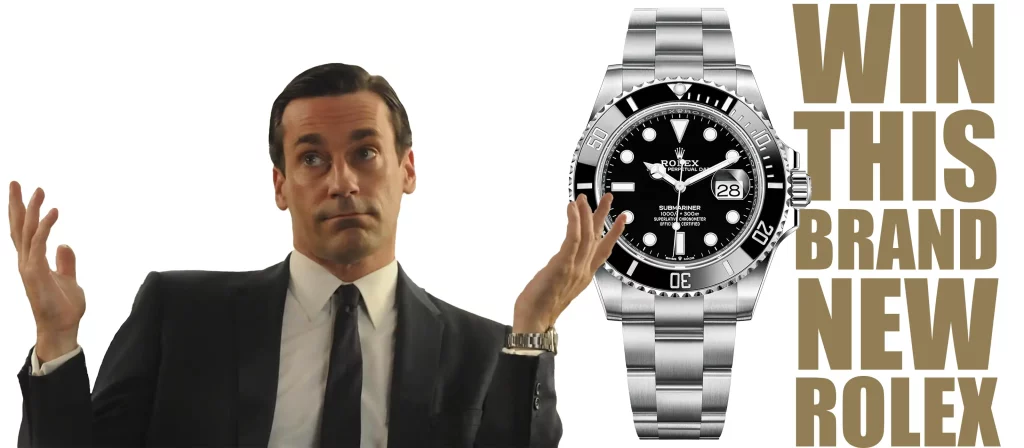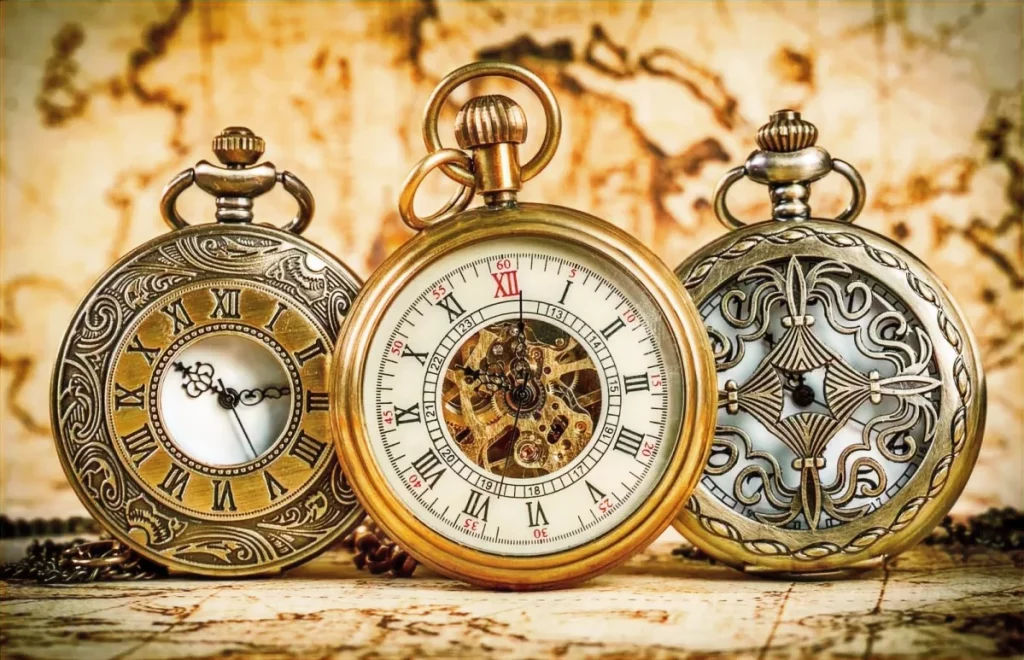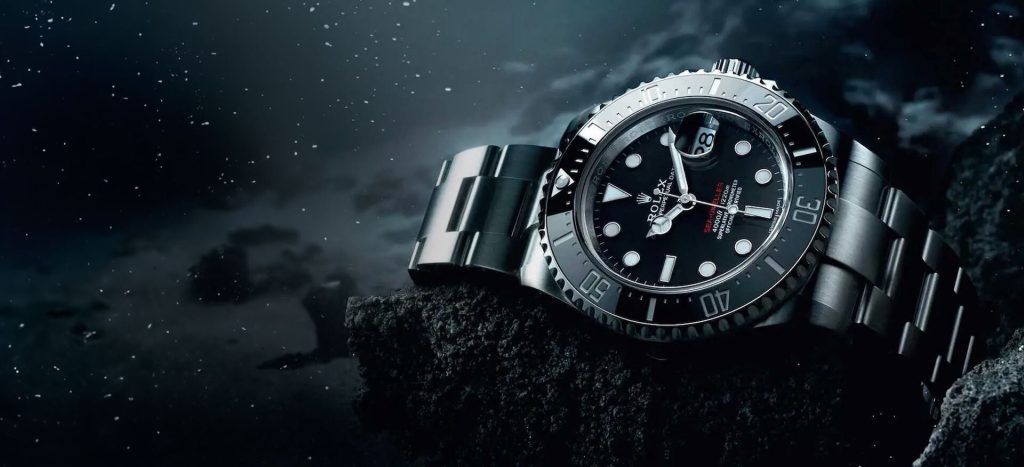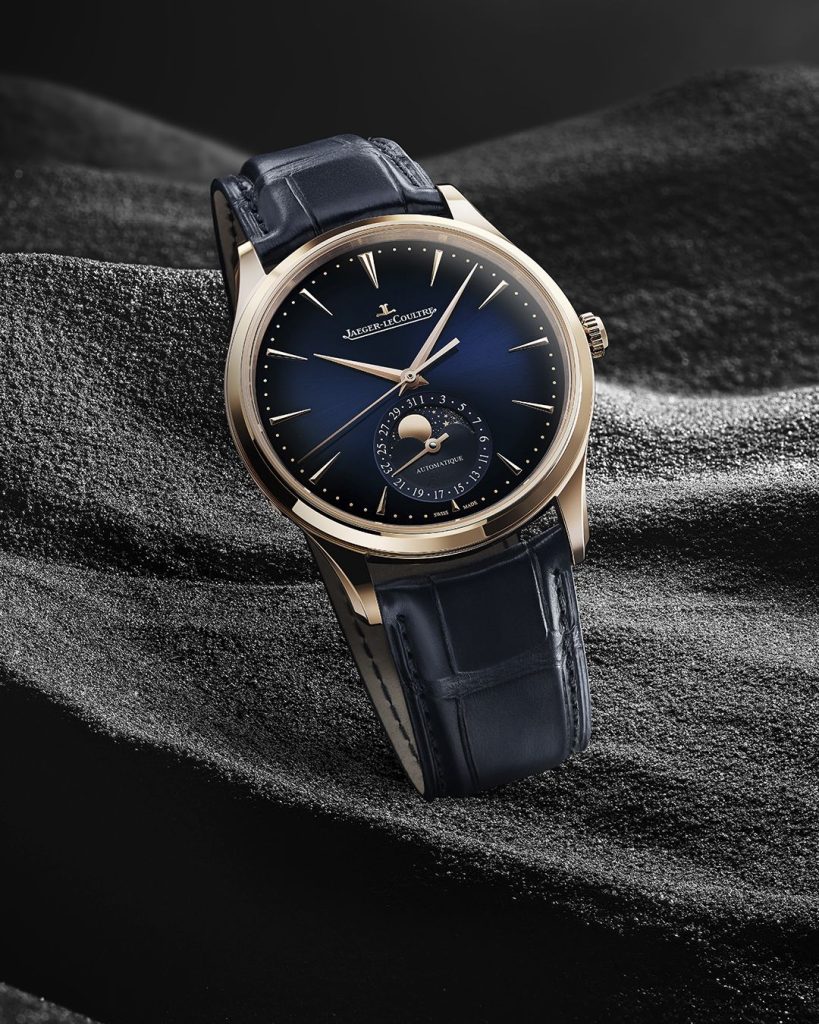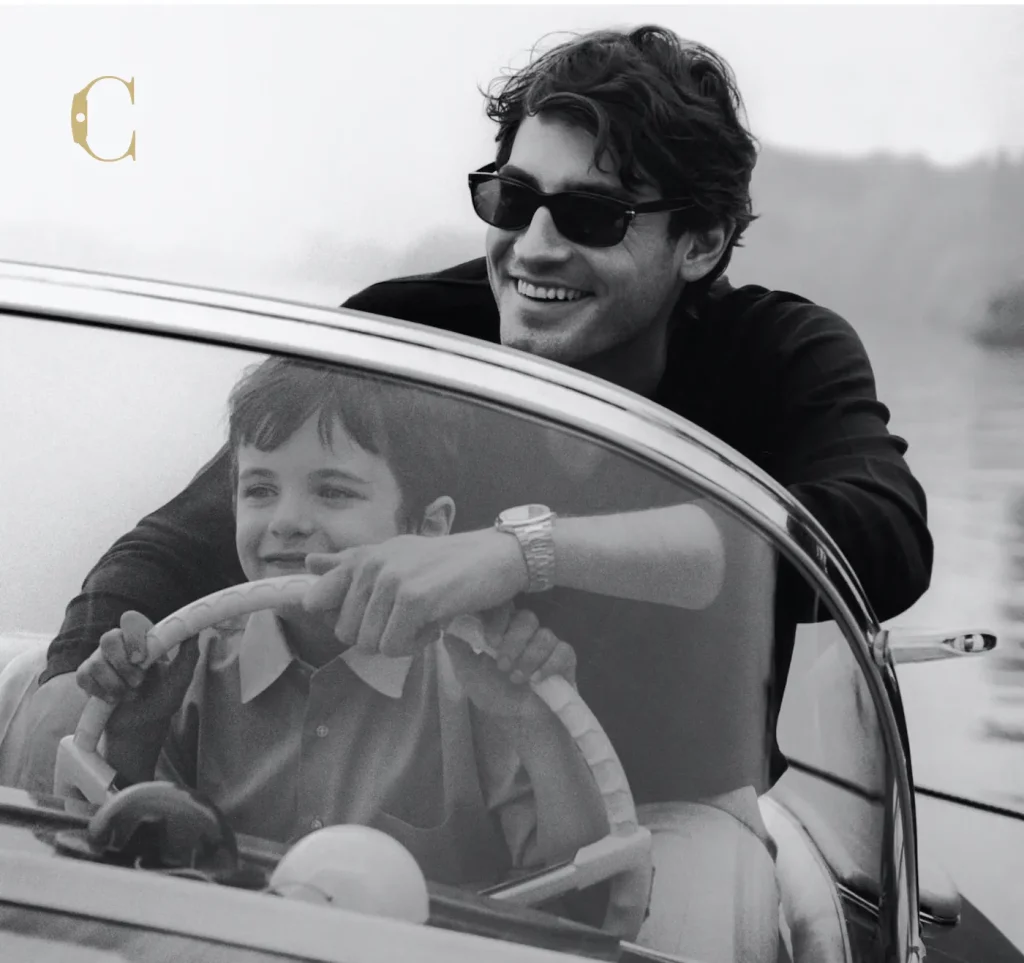Introduction
The art of watchmaking has undergone significant transformations since its inception. From the earliest mechanical timepieces crafted by skilled artisans to the sophisticated, technology-driven watches of today, the evolution of watchmaking is a fascinating journey. This article explores the milestones in watchmaking history, highlighting the innovations and technological advancements that have shaped the industry.
The Dawn of Timekeeping
The history of watchmaking dates back to the 16th century, with the invention of the first portable timepieces. Early watches were large and cumbersome, often worn as pendants or attached to clothing. These early timepieces, known as “clock-watches,” combined elements of both clocks and watches and were powered by mainsprings. Skilled craftsmen meticulously handcrafted each component, ensuring precision and reliability.
One of the key developments during this period was the invention of the balance spring, or hairspring, by Christiaan Huygens in 1675. This innovation significantly improved the accuracy of portable timepieces, paving the way for the development of more sophisticated watches.
The Golden Age of Mechanical Watches
The 18th and 19th centuries are often referred to as the Golden Age of watchmaking. During this period, watchmakers in Europe, particularly in Switzerland and England, made significant advancements in mechanical watch technology. The creation of the lever escapement by Thomas Mudge in 1755 revolutionized watchmaking by providing greater accuracy and reliability.
Swiss watchmakers, in particular, became renowned for their craftsmanship and precision. Brands like Vacheron Constantin, founded in 1755, and Patek Philippe, established in 1839, set the standard for high-quality watchmaking. These companies introduced innovations such as the perpetual calendar, minute repeater, and chronograph, showcasing the artistry and technical prowess of their craftsmen.
The Quartz Revolution
The 20th century brought about a seismic shift in the watchmaking industry with the introduction of quartz technology. In 1969, Seiko unveiled the world’s first quartz watch, the Astron, which offered unprecedented accuracy and reliability. Unlike mechanical watches, which rely on intricate moving parts, quartz watches use a battery-powered oscillator to keep time.
The Quartz Revolution, also known as the Quartz Crisis, had a profound impact on the traditional watchmaking industry. Swiss watchmakers, who had long been the leaders in mechanical watch production, faced intense competition from more affordable and accurate quartz watches. Many traditional watch companies struggled to adapt to this new technology, leading to a period of decline in the Swiss watch industry.
However, the quartz crisis also spurred innovation and reinvention. Swiss watchmakers responded by focusing on the luxury market, emphasizing the craftsmanship and heritage of mechanical watches. Brands like Rolex, Omega, and Audemars Piguet doubled down on their commitment to quality and precision, which helped them maintain their prestige in the industry.
The Rise of Smartwatches
In the 21st century, the watchmaking industry has been transformed once again by the advent of smartwatches. These devices, which combine traditional timekeeping with advanced digital features, have revolutionized the way people interact with their watches. Smartwatches offer a range of functionalities, including fitness tracking, notifications, GPS navigation, and even health monitoring.
Leading the charge in the smartwatch revolution is Apple, with its Apple Watch, first introduced in 2015. The Apple Watch quickly became a cultural phenomenon, blending cutting-edge technology with sleek design. Other tech companies, such as Samsung, Garmin, and Fitbit, have also made significant strides in the smartwatch market, offering a variety of models to suit different lifestyles and preferences.
The Integration of Traditional Craftsmanship and Modern Technology
Despite the rise of smartwatches, there remains a strong appreciation for traditional watchmaking craftsmanship. Many luxury watch brands have embraced the integration of modern technology with traditional techniques, creating hybrid watches that offer the best of both worlds. These timepieces feature mechanical movements combined with smart functionalities, appealing to both tech enthusiasts and watch aficionados.
For example, TAG Heuer’s Connected series merges Swiss craftsmanship with state-of-the-art technology, offering customizable watch faces and a variety of smart features while maintaining the brand’s signature design elements. Similarly, the Frederique Constant Hybrid Manufacture combines a mechanical movement with smart functions, allowing wearers to track their activity and monitor their sleep patterns without sacrificing the elegance of a traditional watch.
Sustainability and Ethical Practices
As technology continues to evolve, the watchmaking industry is also placing greater emphasis on sustainability and ethical practices. Consumers are increasingly demanding transparency and accountability from luxury brands, prompting many watchmakers to adopt more sustainable practices. This includes using recycled materials, sourcing ethically produced components, and implementing eco-friendly manufacturing processes.
Brands like Panerai and IWC Schaffhausen have taken significant steps towards sustainability. Panerai’s EcoTitanium™ watches are made from recycled titanium, while IWC has committed to using responsibly sourced materials and reducing its carbon footprint. These initiatives reflect a broader trend in the industry towards environmental responsibility and social consciousness.
Conclusion
The evolution of watchmaking is a testament to human ingenuity and the relentless pursuit of precision and beauty. From the early days of mechanical craftsmanship to the digital age of smartwatches, the industry has continually adapted and innovated. Today, watchmakers blend traditional techniques with modern technology, creating timepieces that honor the past while embracing the future. As the industry moves forward, it will undoubtedly continue to evolve, driven by advancements in technology, sustainability, and the enduring allure of finely crafted timepieces.
